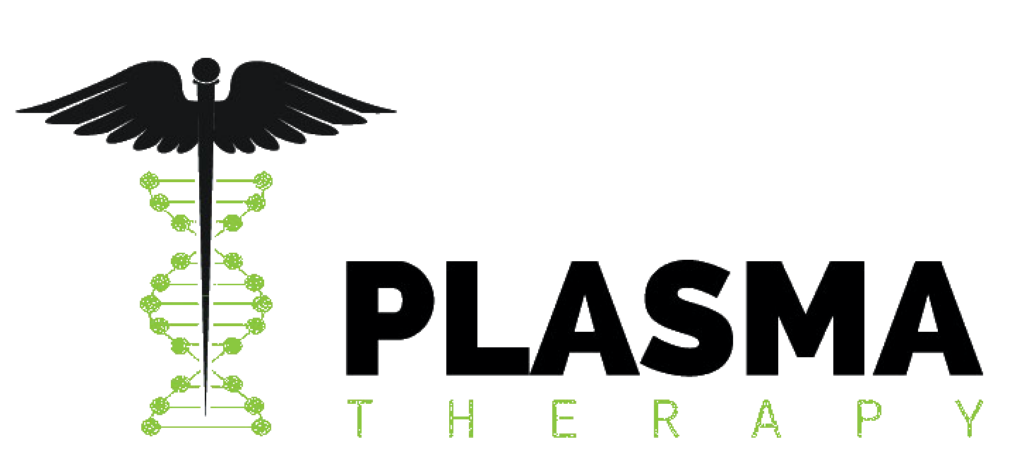Mononucleosis, commonly known as mono or the “kissing disease,” is a viral infection caused by the Epstein-Barr virus (EBV). While mononucleosis usually isn’t a serious illness, it can cause symptoms like fever, sore throat, fatigue, and swollen lymph nodes that last for weeks or months. The lingering effects of mononucleosis may leave you wondering if you can donate plasma after you have recovered.
The answer is, it depends. In most cases, doctors recommend waiting at least 6 months after you’ve fully recovered from mononucleosis before donating plasma. This waiting period is recommended because even though you may feel better, the EBV virus can remain in your body for a long time after the initial infection. Donating plasma too soon could put the plasma recipient at risk of getting infected with EBV.
How long should you wait to donate plasma after mono?
As a general rule of thumb, you should wait 6-12 months after you’ve recovered from mononucleosis before donating plasma. This waiting period ensures that the EBV has been cleared from your body and donating plasma won’t transmit the virus to the recipient. The specific time will depend on several factors, including:
- How severe your mono infection was. More severe or prolonged infections may require longer waiting periods. Milder cases may allow you to donate after 6 months.
- Your age and overall health. Young, otherwise healthy people typically recover from mono faster. Older adults or those with other health conditions may need to wait longer.
- Whether you’ve had mono before. If this is your first EBV infection, it likely took your body longer to develop immunity. Repeat EBV exposures or reactivations may have a shorter waiting period.
- The results of your EBV blood test. Some plasma donation centers may re-test you for EBV before allowing you to donate plasma after mono. Negative EBV blood tests, especially after 6-12 months, indicate the virus has likely been cleared and it should be safe for you to donate plasma.
The final decision about when it’s okay for you to donate plasma after mononucleosis will be made by your doctor and the plasma donation center medical staff based on your unique situation. Be sure to disclose your history of mono, and provide as many details as possible about your infection so they can determine when you’re eligible to donate plasma again.
Other things to keep in mind when donating plasma after mono
In addition to waiting 6-12 months to donate plasma after you’ve recovered from mono, here are a few other recommendations:
- Tell the plasma donation staff that you’ve had mononucleosis in the past. Don’t hide your medical history, even if you’ve met the waiting period. Disclose any past EBV infections so they can check that you’re cleared to donate plasma.
- Be prepared to answer questions about your mono infection. The staff will likely ask when you were diagnosed, your symptoms, how long you were ill, and when you recovered to determine if enough time has passed. Provide honest and accurate information.
- Get re-tested for EBV if requested. Some plasma donation centers may ask for repeat blood testing to confirm the EBV virus is no longer detected before allowing you to donate plasma. Comply with any requests for re-testing to ensure it’s safe for you to donate again.
- You must feel fully recovered with no lingering symptoms. To donate plasma, you need to be in good health with no signs of active infection. Make sure all your mono symptoms have been resolved for at least 6-12 months before donating plasma.
- Your plasma may be labeled or excluded. Plasma from donors with a history of certain infections like mono may be labeled or excluded from certain uses as an added precaution. Be aware that your plasma may be handled differently even after you’ve been cleared to donate.
In summary, while most people can eventually donate plasma after having mononucleosis once they’ve fully recovered and met the necessary waiting period, there are several important factors to consider. The final decision will depend on your unique situation and health. Check with your doctor and the plasma donation center to determine if it’s safe and appropriate for you to donate plasma following mono based on your medical history and current health status.

